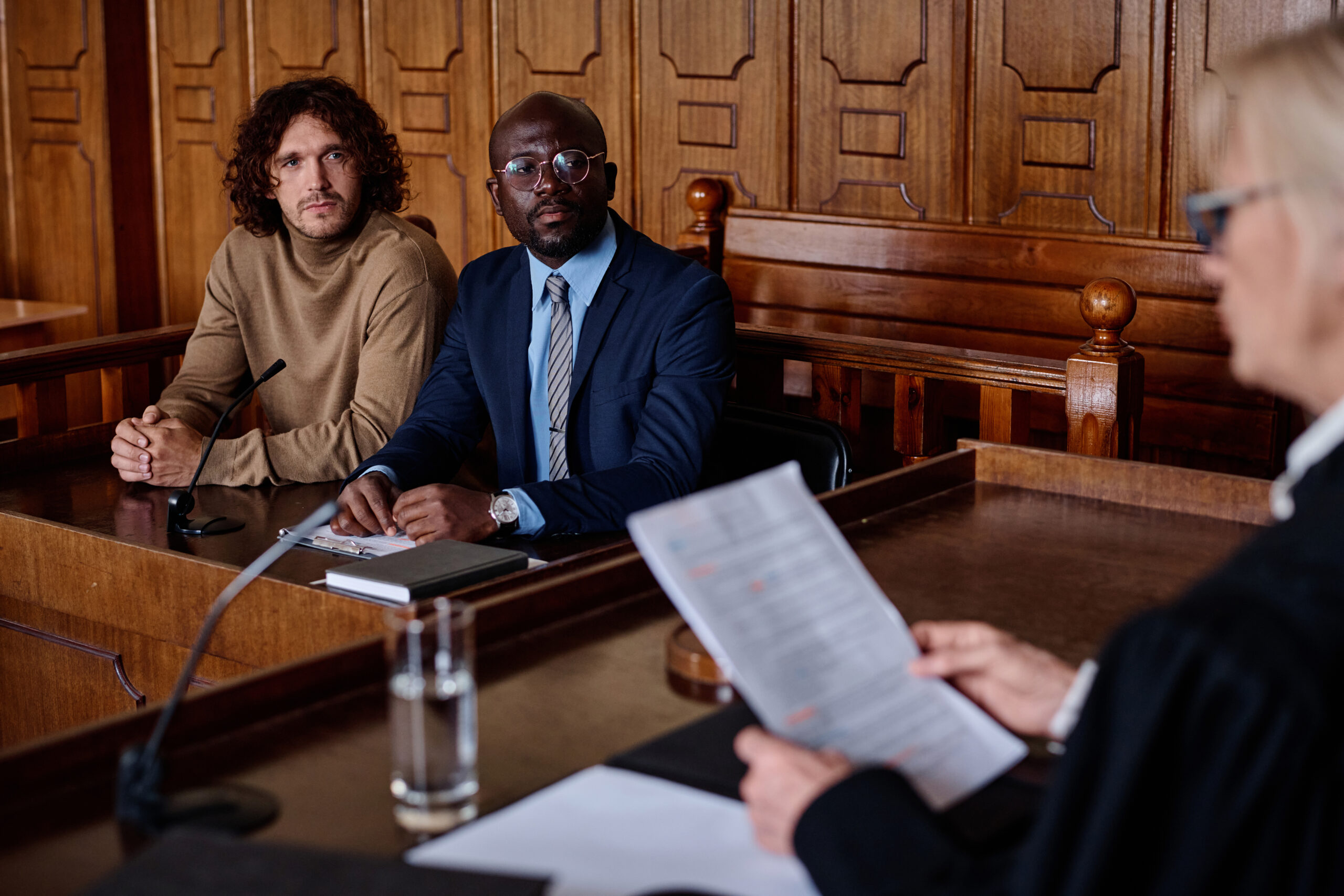The Legal Process after an RTA

If you’ve been involved in a non-fault road traffic accident (RTA), making a claim might feel confusing or even overwhelming. It’s not something most people deal with every day, and legal processes can seem complicated. This guide breaks it down into simple, straightforward steps so you know what to expect.
Forget What You’ve Seen on TV
TV shows often make legal cases look like dramatic courtroom battles, with lawyers shouting “Objection!” every five minutes. But in the UK, that’s rarely how it works.
Most cases don’t even make it to court. Instead, they’re handled behind the scenes through detailed discussions between two solicitors—one representing you and the other representing the person or insurer you’re claiming against. These conversations can take months or even years, but they’re usually focused on resolving your claim as quickly and fairly as possible.
What Happens During a Claim?
Here’s a step-by-step breakdown of how the process works:
1. Speak to a Solicitor
- Choosing a Solicitor:
After the accident, you’ll need a solicitor to help you with your claim. Often, your insurance company will assign one to you. However, you’re not required to use their solicitor—you can choose your own if you prefer. - Case Review:
Your solicitor will review all the details of your accident, like medical reports, photos, or witness statements, to see how strong your case is and what outcome to aim for. They’ll explain the process and potential outcomes, giving you a clear plan moving forward.
2. Pre-Action Protocol (The Early Stages)
- Sending a Letter of Claim:
Before anything else, your solicitor must send a letter to the other side (usually their insurer) explaining what happened, why you’re making a claim, and how much compensation you’re asking for. This is called a Letter of Claim. - Waiting for a Response:
The other side’s insurer will respond to this letter. They might admit responsibility, deny it, or ask for more information. If they accept responsibility, your solicitor will start negotiating compensation. If they don’t, more evidence will need to be gathered. - It Can Be Slow:
This part of the process can take months (or even longer). Legal rules give the other side time to investigate, so patience is key. It’s normal to feel frustrated during this time, but skipping steps could harm your claim, so it’s worth waiting to do things properly.
3. Gathering Evidence
- Medical Reports:
To support your claim, you might need to attend a medical assessment with an independent expert. They’ll look at your injuries and write a report about how the accident has affected your life. Sometimes, you’ll need more than one assessment, especially if injuries take time to fully develop. - Keeping Track of Costs:
If you’ve spent money because of the accident (e.g., medical bills, travel costs, or lost wages), keep receipts and make a note of everything. Your solicitor will use this to calculate how much compensation you’re owed.
4. Issuing Court Proceedings (If Needed)
Most cases don’t go to court, but if the other side denies responsibility or won’t agree on compensation, your solicitor may need to formally start court proceedings.
- What Does This Mean?
This involves sending documents to the court that outline your case and what you’re claiming for. The other side will then formally respond, and both sides will exchange evidence (like witness statements and expert reports).
5. Preparing for Trial
If the case still isn’t resolved, it might go to trial. But don’t worry—this doesn’t happen often, and your solicitor will guide you through the entire process.
- Do I Have to Attend Court?
In most cases, you won’t need to go to court. If you do, your solicitor will explain what to expect and help you feel prepared. - What Happens at Trial?
Both sides present their evidence, and a judge makes a decision. This could take a few hours for straightforward cases or several days for more complex ones.
6. The Outcome
If you win your case, the judge will decide how much compensation you should receive. The other side’s insurer will then pay this amount, though it might take a few weeks or longer to process the payment.
How Long Will It All Take?
The process usually takes 1–4 years for a straightforward case. More complex cases, like those involving serious injuries, can take even longer. In extreme cases, such as brain injuries, the process can span decades.
Feeling Stressed? Here’s What You Can Do
Feeling overwhelmed during a claim is normal, especially if it takes a long time. Here are some tips to help manage the stress:
- Talk to Your Solicitor:
If you’re feeling confused or unsure, ask your solicitor for an update or explanation. They’re there to support you and make the process easier. - Focus on Recovery:
Try to prioritise your physical and emotional recovery. Take things one step at a time and let your solicitor handle the legal side. - Seek Support:
Lean on friends, family, or even professional therapists if the process feels like too much to handle.
Making a claim after a non-fault accident can feel like a long and confusing journey, but you don’t have to face it alone. Your solicitor’s job is to handle the legal work so you can focus on getting back to normal.
Take things step by step, ask questions when you need to, and trust the process—it’s designed to get you the best possible outcome.
Disclaimer:
This website is not intended to replace professional services or provide legal advice. It is designed to offer general information and guide you in the right direction, helping you understand key topics related to motorcycle accidents. Please consult a qualified professional for specific legal, medical, or financial advice.